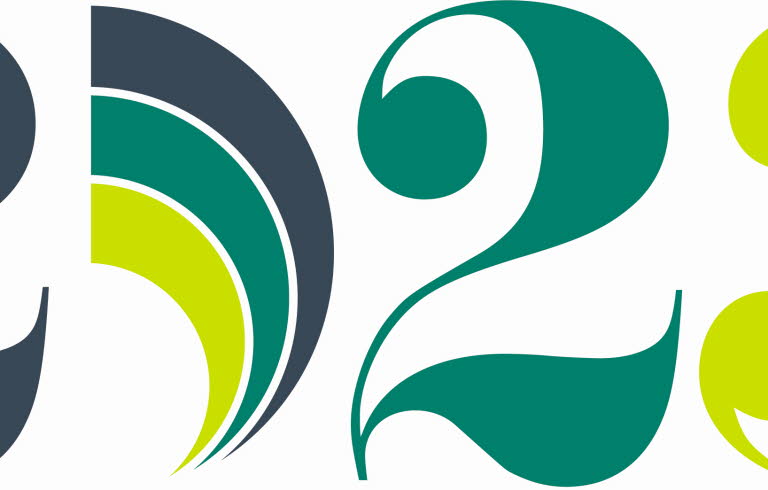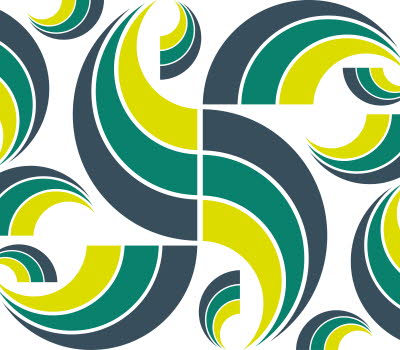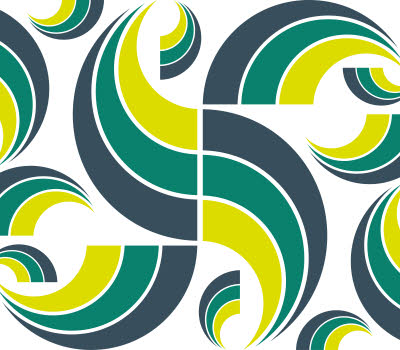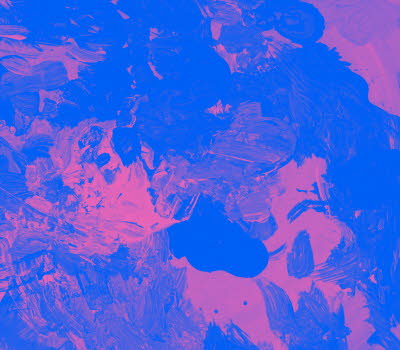The World Summit on Arts and Culture is a highly participatory platform that fosters exchange between representatives from government, cultural and non-cultural sectors and civil society from all over the world. The 9th World Summit will explore artistic freedom as a fundamental pillar of cultural policy and examine how we can – and why we should – safeguard artistic freedom.
Artistic freedom entails rights recognised and protected under international law. It is the freedom to ‘imagine, create and distribute diverse cultural expressions free of governmental censorship, political interference or the pressure of non-state actors. It includes the right of all citizens to have access to these works and is essential for the wellbeing of societies’, UNESCO 2019)
Worldwide, policymakers and advocates have driven the improvement of the conditions for artists and the protection of free artistic expression. However, while progress has been made, some situations have worsened. The road ahead is complex and made more so by the COVID-19 pandemic and its multi-fold effects. The 9th World Summit will gather leaders, artists, and researchers who will explore the political, economic, social, technological, environmental, and cultural influences that affect – and shape our conceptions of – artistic freedom, and how we might safeguard it.
Kajsa Ravin, Director General of the Swedish Arts Council:
- Artistic freedom is a sensitive, and sometimes controversial issue. The importance of art in society has increased, which means that it can be perceived as more threatening. Contemporary art is often at the centre of public debate. A shift that has led to art being attacked from several directions in Sweden, as well as globally. Artists are subjected to murder, violence, threats, hatred, harassment, political interference and censorship. We are in a time where we need to defend artistic freedom. Each country has its own challenges. These are questions that have no easy answers, but we must not turn a blind eye to them because they reflect our time. IFACCA summits are based on an open dialogue and we are honoured to be able to cooperate with them to enable international discussion and learn from each other on such an urgent issue.
Magdalena Moreno, Executive Director, IFACCA:
- We operate in complex times, yet the vital role of arts and culture in public life remains a constant. With the 9th World Summit, we aspire to foster international exchange between diverse actors to confirm arts and culture as a public good that furthers inclusive social transformation. Such transformation relies on cultural expressions that represent the full diversity and dynamism our cultural ecosystems and societies, through both creation and participation. The pandemic shows us that these things cannot be taken for granted and makes more urgent the need to consider artistic freedom, our rights and responsibilities, and the conditions for its existence. It is an honour to work in partnership with the Swedish Arts Council – with its longstanding commitment to artistic freedom – to lead a global conversation that will define our shared future.
The Summit is open to IFACCA Members and the wider international community. It is planned to be held as an in-person programme for delegates from countries worldwide. In the context of the ongoing COVID-19 pandemic, the co-hosts will monitor global developments and may adjust these plans, where required.
More information
artsummit.org
Prenumerera på World Summit nyhetsbrev
Om IFACCA







